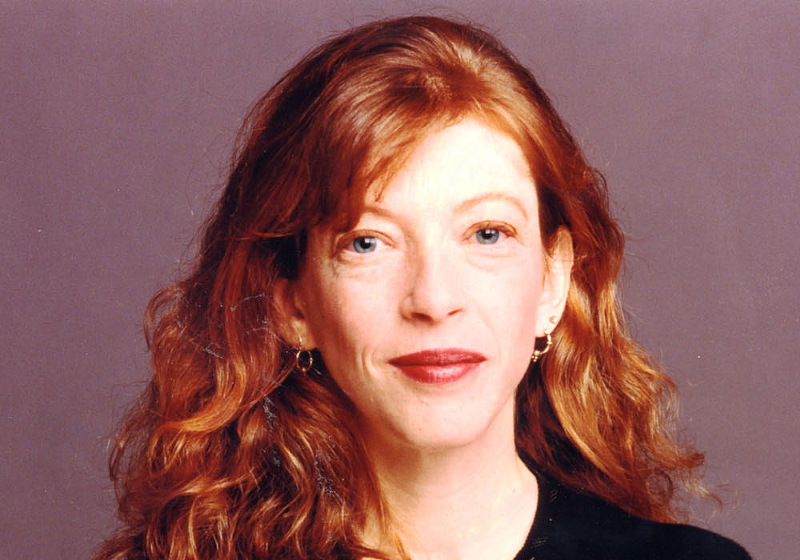Libraries delight Susan Orlean.
“A library itself is a character,” she says. “It has this wealth of stories related to it, as well as the story of every person connected to it — all those books and all the people who come through.”
Orlean, an author and staff writer for The New Yorker, will talk about her upcoming work, The Library Book, at the Mercantile Library Thursday evening. The nonfiction book is the story of the largest library fire in the history of the United States, an unsolved arson that destroyed or damaged more than one million books in 1986 and closed the Los Angeles Central Library for six years. Her previous books include the best-selling The Orchid Thief.
“What drew me to the subject was touring the L.A. public library for the first time and suddenly realizing all the stories about the library, about how it was developed, about the architect, about the fire,” she says. “One thing that interests me is a place that seems very familiar, but you’ve never stopped and really thought about its history or the people who have been involved in it.”
The Library Book combines three threads of narrative: the story of the fire and the man accused of arson, the history of the L.A. library and observations about daily life in a big city library — “a remarkable kind of Grand Central Station with people who are passing through, each with their own stories and each pursuing something in the library,” Orlean says.
As a young girl in suburban Cleveland, Orlean saw libraries as a rich and important source of discovery. “I grew up going to libraries all the time,” she says. “I think a lot of people have the same memory of being taken to this treasure chest of fascinating stories, and you could have any of them for free.”
Visiting the library was a very particular experience, Orlean says. “I would always go with my mother and, without a specific book in mind, just browse the library. Every step would introduce me to another story, another idea that I had never heard of or didn’t know anything about it. It seemed very magical.”
And libraries still seem wondrous.
“It’s incredible that our society has created these storehouses of things that we can all share,” she says. “That, in and of itself, is a miraculous thing.”
The big boom in libraries occurred in the United States around the beginning of the 20th century, when college was not an option for many people. “The one chance for people to further their education, or to get knowledge or be exposed to great literature was in the libraries,” Orlean says.
When the internet exploded, there was a real question of why people needed libraries when so much information was available online.
“There are a couple of answers to that,” she says. “One, a great deal of information is not online — and never will be — because the cost of digitizing all of the material that libraries have is simply insurmountable.”
But libraries are also physical spaces, she observes: “There’s a realization that a library is a place, like a city park, that has a very real meaning.” And libraries have begun to offer services and reasons to be a community center.
In college, Orlean worked in the law library at the University of Michigan. “It was kind of Zen to shelve books,” she says. “It was weirdly relaxing. I’d get very focused, but also, I would see books I would have never seen.”
That’s what delights her about libraries: the sense of being physically present with books, the slow pace of exploration and the serendipity of what you might come across in the stacks.
“The accidental encounter that a library offers is something very special,” she says.
Libraries also preserve stories, which are essential to the human experience.
“That is what makes them so indispensable and so remarkable,” she says. “They are where we preserve forever the curiosities and discoveries of the human mind. And that itself is a glorious thing.”
Susan Orlean will discuss The Library Book at 6 p.m. Thursday at the Mercantile Library’s 1835 Lecture. Free to members; $20 nonmembers. To RSVP, email [email protected].


